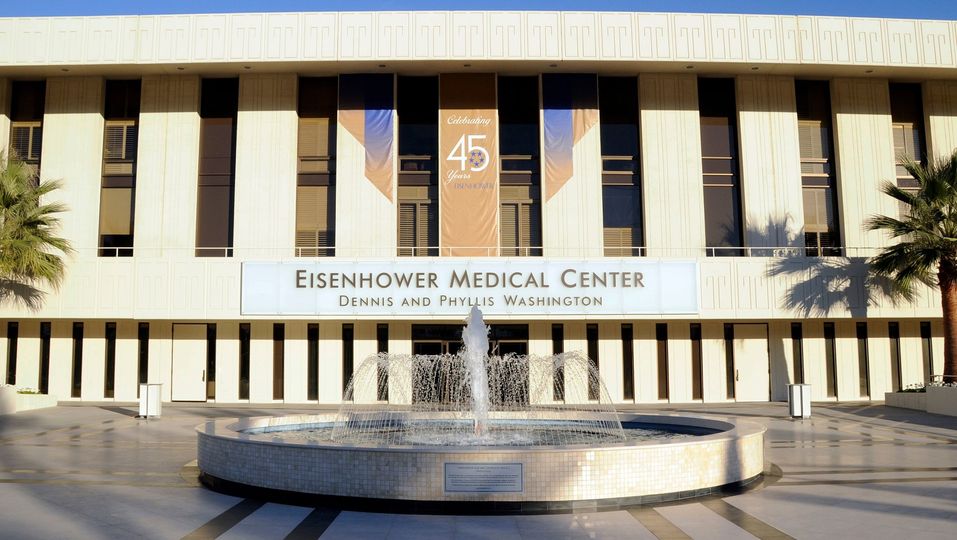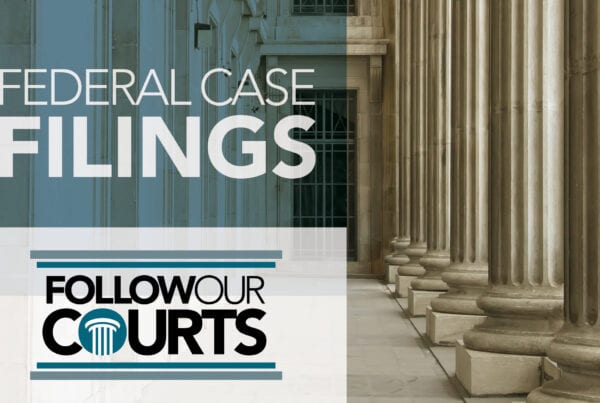A nurse who had already settled a labor case against the staffing agency that placed her at Eisenhower Medical Center in Rancho Mirage can also sue Eisenhower itself for the same charges, the California Supreme Court said June 30.
The hospital claimed the judgment in Lynn Grande’s case against staffing agency FlexCare prevented the hospital from being sued. The Supreme Court and the Court of Appeal both disagreed with the hospital.
“There is no such (relationship) here because of the hospital and staffing agency’s different legal interests. Nor can preclusion be based on a claimed indemnification or agency relationship between those litigants,” the Supreme Court ruled.
Case history
The ruling outlined the facts of the case.
Grande was employed by Eisenhower for a week in February, 2012, through FlexCare.
Previously to the current suit, Grande had joined a class action suit against the staffing agency, alleging wage and hour violations across the state.
Grande joined with claims of violations at the Eisenhower, but Eisenhower was not named as a defendant.
The staffing agency settled.
After the settlement, Grande filed this class action lawsuit against Eisenhower, without FlexCare as a defendant.
FlexCare and Eisenhower both argued that the earlier settlement extended to the hospital, but a bench trial disagreed.
“(T)he language in the release clause cannot reasonably be construed to extend to claims Plaintiff may have against (the hospital) in this case,” the trial court found.
Both FlexCare and Eisenhower appealed.
The Court of Appeal agreed with the trial court in a divided opinion.
Manuel Ramirez, presiding justice of the Fourth District Court of Appeal, Division Two, dissented. Ramirez argued that precedent from the 2018 case Castillo v. Glenair established that Eisenhower was free from any lawsuit.
Ruling
The California Supreme Court held that the earlier judgment against FlexCare did not apply to the hospital because FlexCare did not adequately represent the hospital’s interests in the earlier case.
The Castillo precedent Ramirez focused his dissenting opinion on was too different from the Eisenhower case to apply, the Supreme Court ruled.
In the Castillo case, a class action suit was filed against a staffing agency for payroll issues. Two members of that class, after a settlement was reached. then sued the staffing agency’s client, a hospital, for the same wrongs established in the prior case.
In the Eisenhower case, however, the class was entirely different between the suits; one class was for all employees of FlexCare, and the second class was for certain employees of Eisenhower.
The staffing agency and the hospital have divergent interests that prevent the earlier settlement from blocking a suit against the hospital.
Case information
Cassandra Ferrannini, Bradley Carroll and Alexandra LaFountain of Sacramento’s Downey Brand represented FlexCare.
Peter R. Dion-Kindem of Oxnard’s The Dion-Kindem Law Firm; and Lonnie Blanchard III of The Blanchard Law Group represented Grande.
Richard Simmons, Ruben Escalante, Karin Vogel and John Ellis of Sheppard, Mullin, Richter & Hampton represented Eisenhower Medical Center.
Chief Justice Tani Cantil-Sakauye authored the unanimous opinion of the Court.
Riverside Superior Court number RIC1514281.
Court of Appeal numbers E068730, E068751.
CA Supreme Court number S261247.
Read the opinion here.
[/wlm_private]







